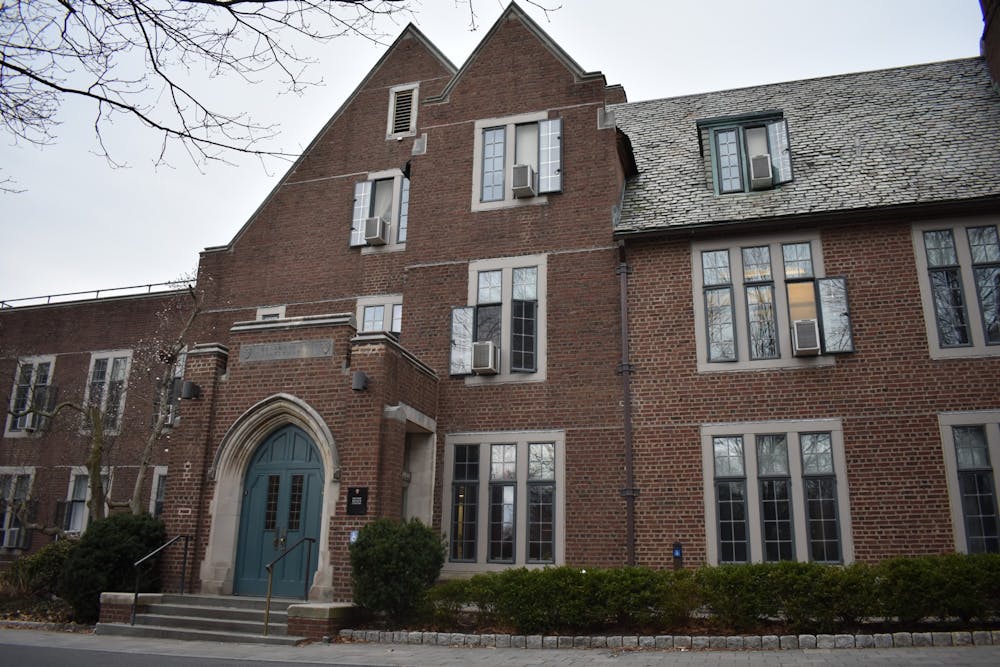Most of us have lost count of the number of times we’ve seen or heard the words “mental health” in the last two years. The pandemic and other crises have taken a huge toll on our mental health and underscored the need to invest more in resources like counseling. Administrators, professors, and our classmates have acknowledged the challenges of the past two years and encouraged us to get help when needed. However, acknowledging mental health crises and responding to them is not enough. In order to truly improve mental health on campus, Princeton’s administration must take a proactive approach to mental health.
What if the University simply tried to prevent mental health crises? Consider its response to the crisis from last spring, which presented a combination of heavy COVID-19 restrictions, a two-day spring break, and academic expectations not different from those of a normal semester. The administration made the correct decision to postpone Dean’s Date, as did the many professors who modified their final exams or grading schemes to acknowledge student burnout.
However, rather than responding to the crisis, the University could have partly prevented it when making important decisions before the semester: A lack of in-person activities and a lack of breaks were bound to cause burnout. The University should have thought about how to make even limited in-person instruction possible (as it eventually did at the very end of last spring semester) and either extended spring break or ensured that students had no assignments during that time.
Likewise, certain decisions during this academic year could have been made with greater consideration of their mental health impacts. Students who caught COVID-19 and the “Princeton plague” fell behind on work and took weeks to catch up. Establishing lenience for students with illnesses and different ways to keep up with classes while sick (such as lecture recordings and notes) would have prevented a lot of stress. Committing to offering virtual learning options for international students stuck abroad during the early omicron surge would have prevented many students from having to rearrange travel plans during finals and not being able to see family during the break. Finally, more transparency would have alleviated confusion and stress that many students felt when the University loosened restrictions during an uptick in cases.
In all of these situations, the University opted to take a reactive approach to mental health: focus on directing students to resources like Counseling and Psychological Services (CPS) and offer occasional accommodations to mitigate the impacts of difficult circumstances. However, even with resources like CPS, students may still feel overwhelmed or unsupported; counseling cannot completely address the different factors and policies that cause distress. Likewise, individual responsibility, which the University tends to call on to address mental health crises, cannot remove underlying causes of distress.
Instead of a reactive approach to mental health, the University should take a proactive approach by actively considering students’ mental health in all of its decisions. To do so, the University must consider how the student experience impacts mental health, and adapt it to protect students’ well-being while enabling them to achieve other goals like academic rigor.
What might this look like in a “post-COVID-19” semester? Here’s one example: first-years often take difficult introductory courses. These courses usually have harsh grading and can mar students’ transcripts as they are getting acclimated to Princeton. A poor grade early on can weigh on a student’s confidence and discourage them from taking academic risks later on.
To acknowledge this, the University could adopt a more lenient grading system or pass/D/fail policies for first-years in order to alleviate their stress and encourage academic exploration. Additionally, high workloads, especially around midterms and finals, can make it impossible to finish assignments and fully absorb material from classes. Forgiving one or two missed homework assignments would give students some breathing room in the most difficult weeks of the semester and help them get more out of their courses.

Rather than taking a reactive approach to mental health, the University can ensure that well-being is a central part of its decision-making and student experiences at Princeton. Mental health care can be proactive, and on a healthy campus, it must be.
Allen Liu is a senior from Chattanooga, Tenn. He can be reached at afliu@princeton.edu.









